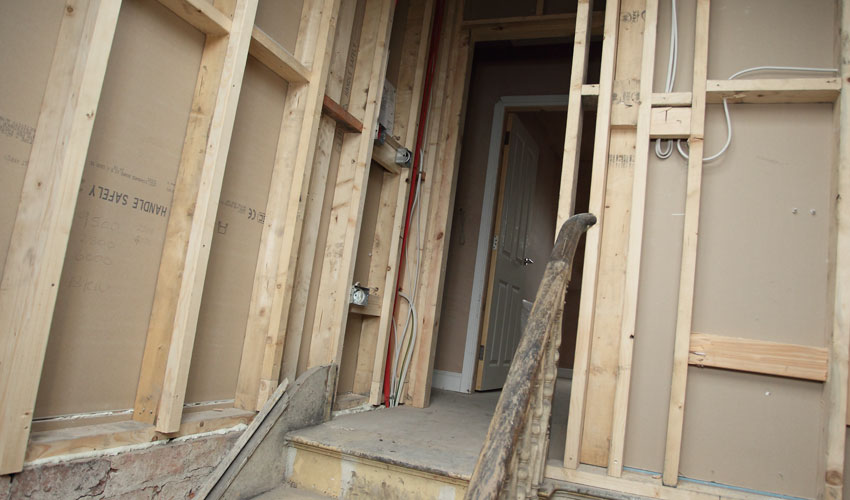
There are various ways to join metal together. The most common method is soldering, though gluing is also possible. Gluing in both domestic and industrial applications is becoming more and more common. Metal glue is an excellent way that metal is joined to another metal to metal or other materials.
Metal-work can be challenging and the appropriate metal glue and some certain preparations are necessary. A liquid adhesive or glue for metal is the best solution for simple DIY projects and everyday situations during home repairs.
Types of metal glue
For a strong and durable result, it is vital to choose the best glue for metal. Metal glues mostly fall in three categories: epoxies, polyurethane and superglues.
Epoxies – These are high-performance adhesives often used in woodworking or in specialized creative applications such as jewellery making. These are available in various types with a range of characteristics: transparent or opaque, flexible or non-flexible, fast or slow setting. They can also be high heat and chemical -resistant.
Polyurethane – This type of glue is commonly used for metal and is resistant to UV and water. Polyurethane glues also set fast without being fragile. They can be sanded, stained and painted once cured which makes them great for many permanent repairs around the house. It is usually the best metal glue for outdoor use.
Superglue – This is a high-performance, fast fix for many household jobs. The majority of metal super glues can also work well with materials such as wood and plastic and can be used for joining, repairing or adding decorations, or fixing toys and other items. It also fast set requiring no clamping. Superglue can be easily applied, weather and water-resistant and it is strong and simple to use.
Steps to follow when bonding metal with glue
The first thing to do when bonding metal with glue is to make sure that you have everything you need ready to make the repairs. We recommend repairing your metals either outside or somewhere that is well-ventilated. Make sure that you cover the work area so that you can manage any spills. Make sure that both surfaces fit together and then clean them thoroughly with a damp cloth to wipe any dirt, dust, wax, grease, oil, sealants, fingerprints or adhesive residues from other bondings. Moisten with the damp cloth to help the application after cleaning. Apply some of the metal glue and press the two pieces together firmly not leaving any spaces to ensure a tight seal and let the bonds form. Always check the instructions for use on the glue that you purchase, as it may vary depending on the brand.
Important things to note while using metal glue
- Protect your skin by wearing nitrile gloves while using metal glue because they are more resistant to chemicals
- Use nail polisher removers or mineral spirits to remove excess glues
- Polyurethane and super glues usually dry and cure faster than metal epoxies which can require clamping for up to 60 minutes
Metal adhesives create chemical links that are often preferred to mechanical fixations, soldering and welding, particularly when metal is attached to metal. The connection can also be flexible to allow relative movement of the parts without affecting the connection. That is why metal adhesives are ideal for products like trucks and other vehicles that are subject to vibration, fluctuation of temperature and weather changes.












